Does Dandruff Cause Hair Loss? Remedies And Treatment
Find out how dandruff and hair loss are related and ways to treat both conditions.
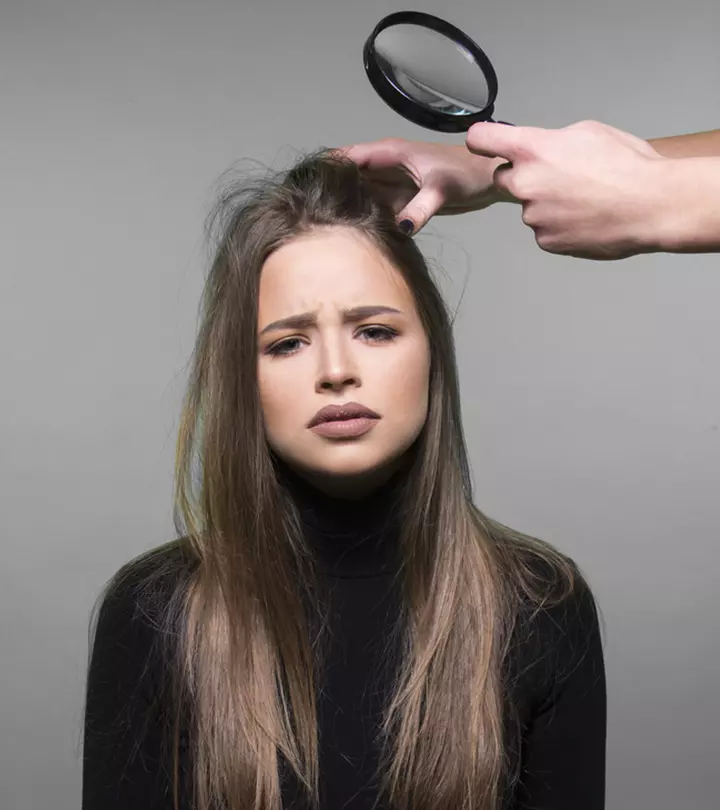
Image: ShutterStock
Dandruff affects every hair type, and it is not just those pesky white flakes you should be worried about. This annoying scalp issue can worsen if left untreated, causing scalp inflammation and persistent itching. But can dandruff cause hair loss? Go through this article to understand the causes of dandruff and whether it can cause hair loss. Check out some home remedies, containing natural ingredients to help manage and prevent dandruff and other associated hair issues it may cause. Scroll down to take a look!
In This Article
What Causes Dandruff?
- Mild Dandruff: A dry scalp or constant stress can lead to the overgrowth of Malassezia fungus (which causes dandruff). Another possible cause of mild dandruff is an unhealthy diet. You may also experience mild dandruff if your scalp has an allergic reaction to certain hair products, airborne irritants, or even ultraviolet light (1), (2).
- Severe Dandruff: A severe case of dandruff could be a result of seborrheic dermatitis. This medical condition is characterized by chronic skin inflammation caused by yeast infestation and hormonal changes. This yeast (Malassezia furfur) lives on the scalp and feeds off the sebum the scalp produces. Dandruff occurs with excess production of this sebum or an overgrowth of the fungus (3). This case of dandruff often runs in the family.
These are the major types of dandruff and their causes. But do they lead to hair loss?
Can Dandruff Cause Hair Loss?
Contrary to popular opinion, dandruff directly does not lead to hair loss. But there are a few causes that tie dandruff and hair fall together:
- The constant irritation and scratching accompanying dandruff can destroy the hair follicles and cause hair loss.
- Aggressively brushing or twisting one’s hair for some relief from the irritation can also cause hair loss.
- Irregular shampooing leads to clogged follicles and can worsen dandruff, resulting in more hair fall.
- A compromised immune system may also increase the chances of dandruff and hair loss.
Certain underlying medical conditions may also cause dandruff and hair loss. We will explore them briefly in the next section.
What Conditions Can Cause Dandruff And Hair Loss?
- Androgenic Alopecia: Those with androgenic alopecia (male or female pattern baldness) may experience greater hair fall due to dandruff (4).
- Scalp Psoriasis: This autoimmune disorder causes an overgrowth of cells on the scalp. It also causes red, thickened plaques with silver-white scales (5).
- Scalp Ring Worm: This fungal infection is characterized by itchiness, dry flakes, and hair fall (6).
- Seborrheic Dermatitis: It causes oily, itchy, irritated skin, and a flaky scalp. (7)
A severe case of dandruff (and the associated hair loss) warrants a medical diagnosis. The following section highlights certain methods and options for treating these conditions.
Home Remedies To Control Dandruff And Promote Hair Growth
- Hydrate And Moisturize Your Scalp: You can apply coconut oil to your dry scalp. The oil hydrates your scalp, and its antifungal properties may help treat dandruff (8). However, avoid using coconut oil if you have seborrheic dermatitis.
- Eliminate Stress Triggers: A weak immune system due to increased stress can cause dandruff. Practice yoga, meditation, and breathing exercises to reduce your stress levels.
- Embrace A Healthy Diet: Take foods rich in zinc, B vitamins, and healthy fats. These can promote hair and scalp health.
- Stick To A Healthy Hair Care Routine: Those with an oily scalp must shampoo regularly. Those with a dry scalp but moisturize it often. A healthy hair care routine is critical.
- Restrict Hair Styling Products: Certain hair products and dyes contain bleach, detergents, or formaldehyde that may irritate the scalp and increase the risk of contact dermatitis.
Ayurvedic Methods To Treat Hair Loss Due To Dandruff
- Diet: Include zinc, B vitamins, selenium, biotin, folic acid, vitamin D, vitamin A, amino acids, and protein in your diet (9). Avoid excess intake of spicy, oily, salty, and sweet foods.
- Lemon Juice And Honey Hair Mask: This lemon juice and honey mask can combat dandruff and itchiness caused by a dry scalp.
Instructions
- Mix 3 parts honey and 1 part lemon juice.
- Apply this mixture to your scalp.
- Leave it on for 20 to 30 minutes.
- Rinse with lukewarm water.
- Neem Oil: Neem oil can help ease dandruff caused by an oily scalp.
- Massage your scalp with neem oil.
- Leave it on overnight and allow your hair to soak in it.
- Rinse in the morning.
You may also use neem in its powdered form.
Instructions
- Mix equal amounts of neem powder, reetha powder, shikakai powder, and dry amla powder.
- Apply the paste to the scalp.
- Rinse after 60 minutes.
Top Shampoos To Control Dandruff
Regular use of medicated anti-dandruff shampoos may help reduce the symptoms. Read the product labels and pick a shampoo with one or more of these ingredients:
- Tea Tree Oil: Shampoos with 5% tea tree oil were effective in treating mild to moderate dandruff. The oil has antifungal, antibiotic, and antiseptic properties (10).
- Ketoconazole: This ingredient may help kill the dandruff-causing fungi (11).
- Pyrithione Zinc: This ingredient has antibacterial and antifungal properties that can slow down yeast production and prevent dandruff (12).
- Salicylic Acid: This ingredient can help treat itchy scalp caused due to psoriasis and seborrheic dermatitis (13). It also may help remove the dead skin cells on your scalp.
Note:
Consult your dermatologist to understand the ideal frequency of shampooing and pick the right product (based on your dandruff severity and condition).
Hair Loss Medications And Dandruff
Certain medications meant for treating hair loss may increase the risk of dandruff. You may want to consult your doctor before using them. Information in this regard is scarce and unclear.
- One such medication is minoxidil that may dry your scalp and cause dandruff-like flaking. Another medication is finasteride (available in combination with minoxidil), which is claimed to be a better alternative. However, minoxidil solution with a non-alcohol formulation may not irritate the scalp and cause flaking.
Do Anti-Dandruff Shampoos Cause Hair Loss?
Conversely, certain variants of anti-dandruff shampoos may lead to hair loss. Formulas with selenium sulfide are more likely to cause hair loss (14). You may avoid such shampoo variants.
We have discussed the various options that can help treat dandruff and the associated hair loss. But would the lost hair also regrow?
Will Hair Loss From Dandruff Grow Back?
Hair fall due to dandruff may be reversed. It is important to keep dandruff in check with regular hair care practices. However, more information is warranted in this regard.
Dandruff is not contagious, so do not worry about spreading it around. However, it may lower your self-esteem and disrupt your everyday routine. Dandruff can cause itchy, irritated scalps as well as temporary hair loss. If you have frequent, severe itching, you should see a dermatologist. There are a variety of options for reducing the effects of dandruff. The remedies in this article are effective and have a minimal chance of having negative effects. Also, regular hair care habits are essential for preventing dandruff. Follow the home remedies mentioned above to improve the health of your hair and scalp.
Frequently Asked Questions
Should I wash my hair every day if I have dandruff?
Yes, it is safe to wash your hair frequently if you have dandruff. However, the shampooing frequency depends on the hair type and dandruff severity and varies from person to person.
Should you scratch dandruff?
Scratching may increase dandruff. It also causes irritation and may worsen the condition.
References
Articles on StyleCraze are backed by verified information from peer-reviewed and academic research papers, reputed organizations, research institutions, and medical associations to ensure accuracy and relevance. Read our editorial policy to learn more.
- Scalp Condition Impacts Hair Growth and Retention via Oxidative Stress
https://www.ncbi.nlm.nih.gov/pmc/articles/PMC4533528/ - Revisiting dandruff
https://onlinelibrary.wiley.com/doi/full/10.1111/j.1467-2494.2006.00326.x - Diagnosis and Treatment of Seborrheic Dermatitis
https://www.aafp.org/pubs/afp/issues/2015/0201/p185.html - Androgenetic alopecia
https://medlineplus.gov/genetics/condition/androgenetic-alopecia/ - Management of scalp psoriasis: current perspectives
https://www.ncbi.nlm.nih.gov/pmc/articles/PMC5683126/ - Ringworm
https://medlineplus.gov/ency/article/001439.htm - Seborrheic Dermatitis
https://www.ncbi.nlm.nih.gov/pmc/articles/PMC2888552/ - Comparison of Antimicrobial Activity of Chlorhexidine, Coconut Oil, Probiotics, and Ketoconazole on Candida albicans Isolated in Children with Early Childhood Caries: An In Vitro Study
https://www.hindawi.com/journals/scientifica/2016/7061587/ - Diet and hair loss: effects of nutrient deficiency and supplement use
https://www.ncbi.nlm.nih.gov/pmc/articles/PMC5315033/ - Melaleuca alternifolia (Tea Tree) Oil: a Review of Antimicrobial and Other Medicinal Properties
https://www.ncbi.nlm.nih.gov/pmc/articles/PMC1360273/ - Effect of ketoconazole 1% and 2% shampoos on severe dandruff and seborrhoeic dermatitis: clinical, squamometric and mycological assessments
https://pubmed.ncbi.nlm.nih.gov/11306850/ - Scalp Stratum Corneum Histamine Levels: Novel Sampling Method Reveals Association with Itch Resolution in Dandruff/Seborrhoeic Dermatitis Treatment
https://www.medicaljournals.se/acta/content/html/10.2340/00015555-1073 - Salicylic acid
https://pubchem.ncbi.nlm.nih.gov/compound/salicylic_acid#section=Top - Selenium Sulfide
https://medlineplus.gov/druginfo/meds/a682258.html
Read full bio of Dr. Shruti Chavan
Read full bio of Arshiya Syeda





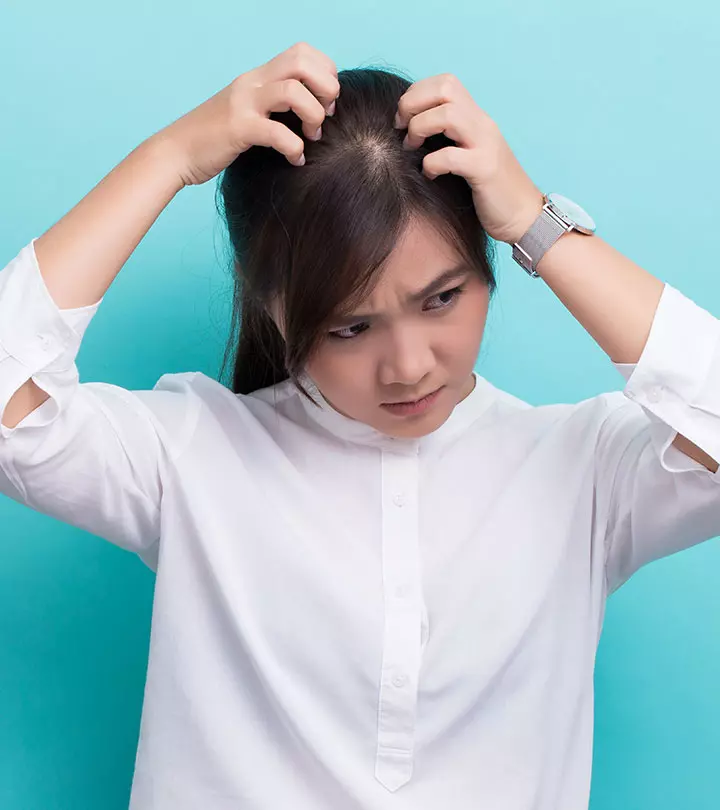
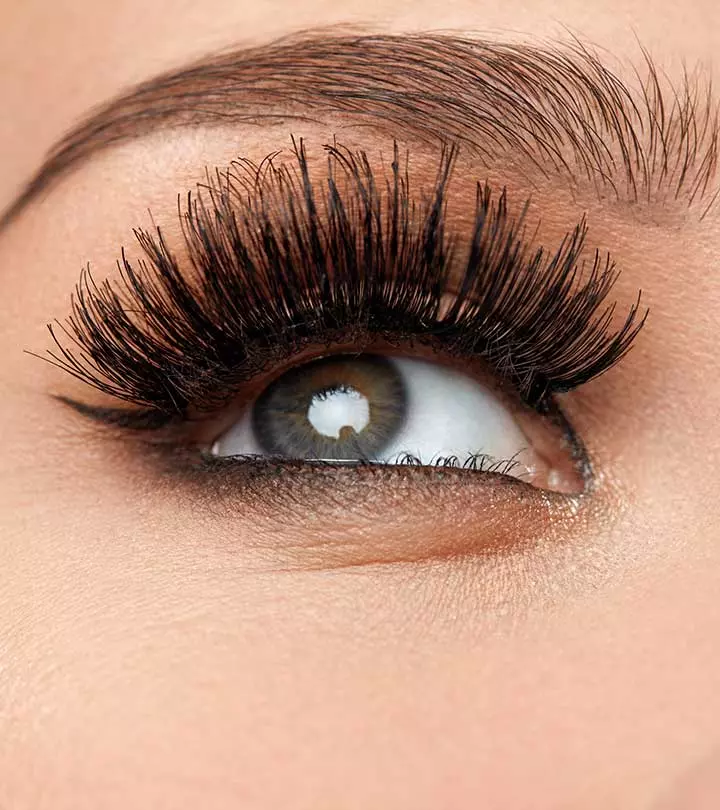
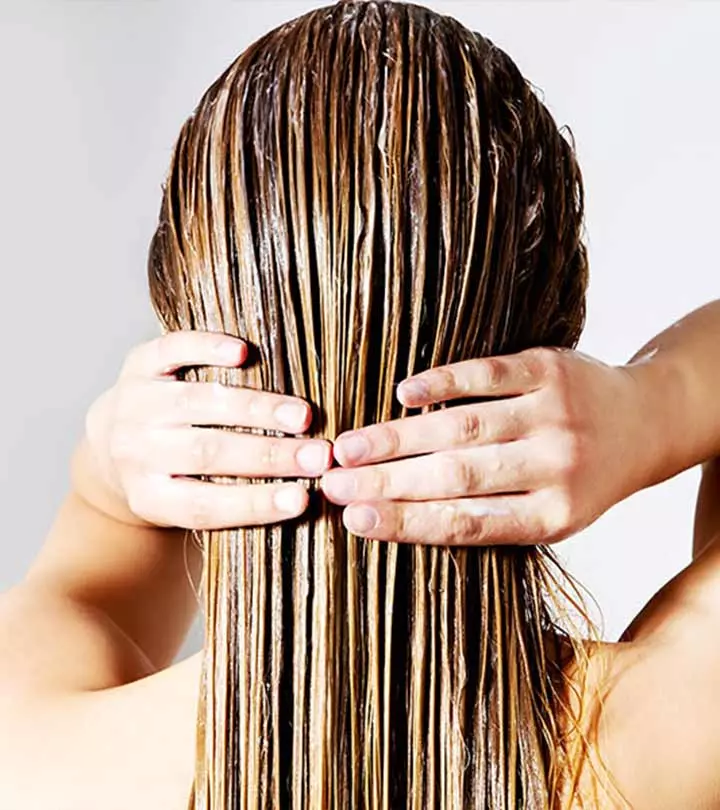
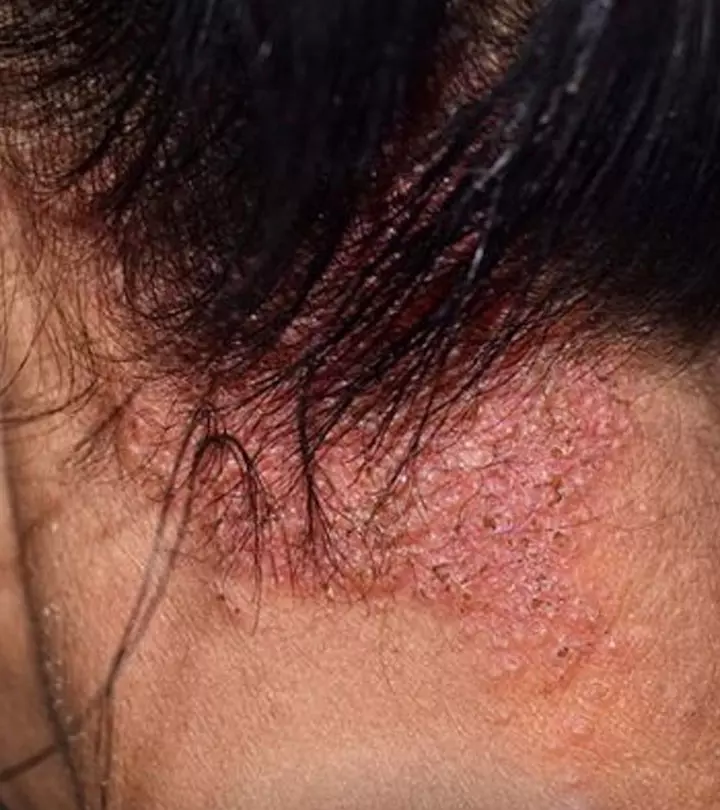
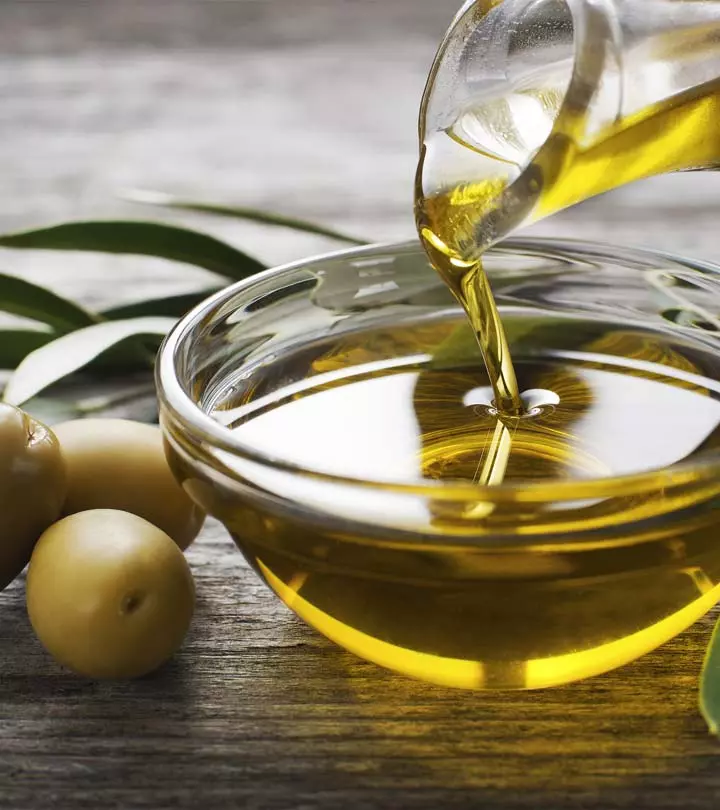
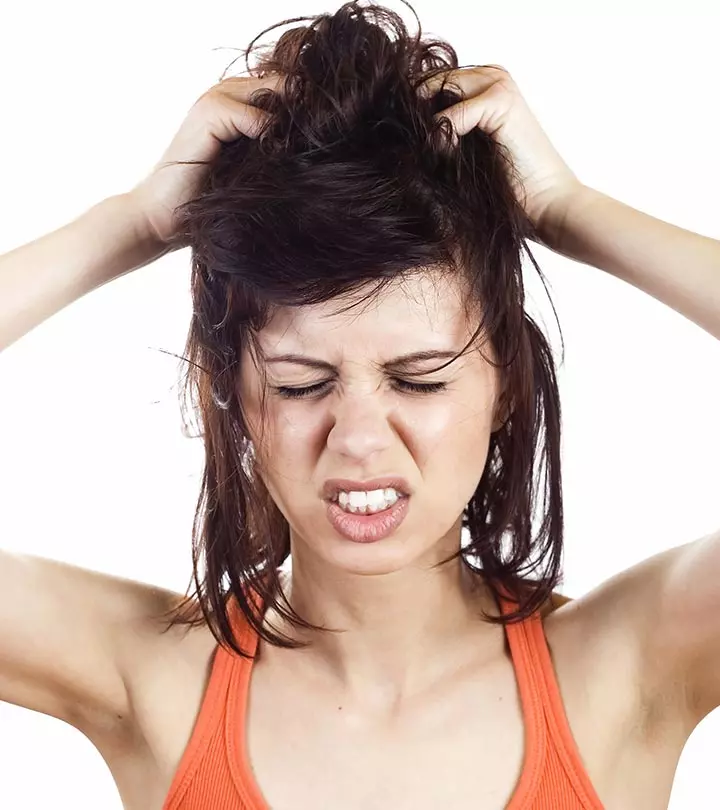
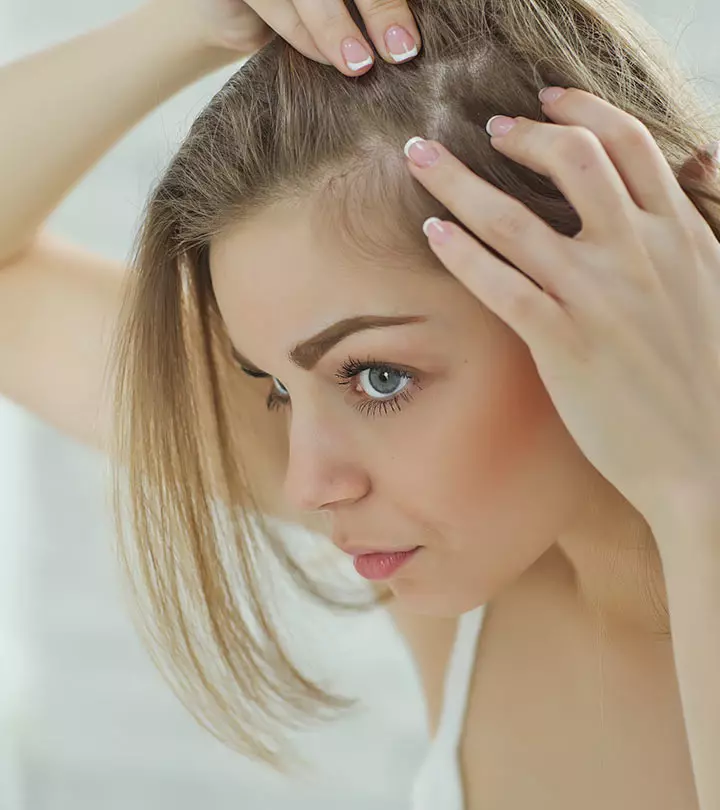

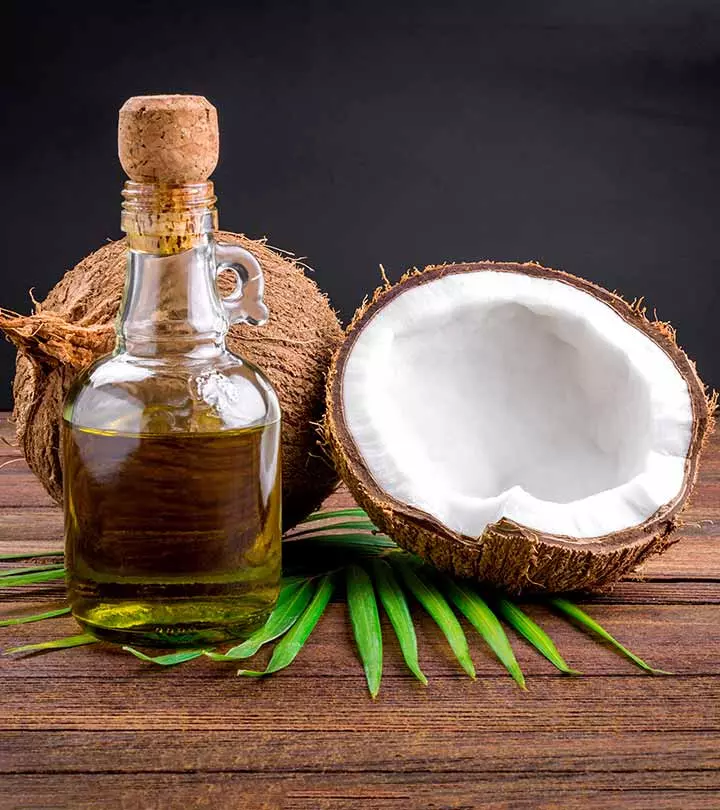


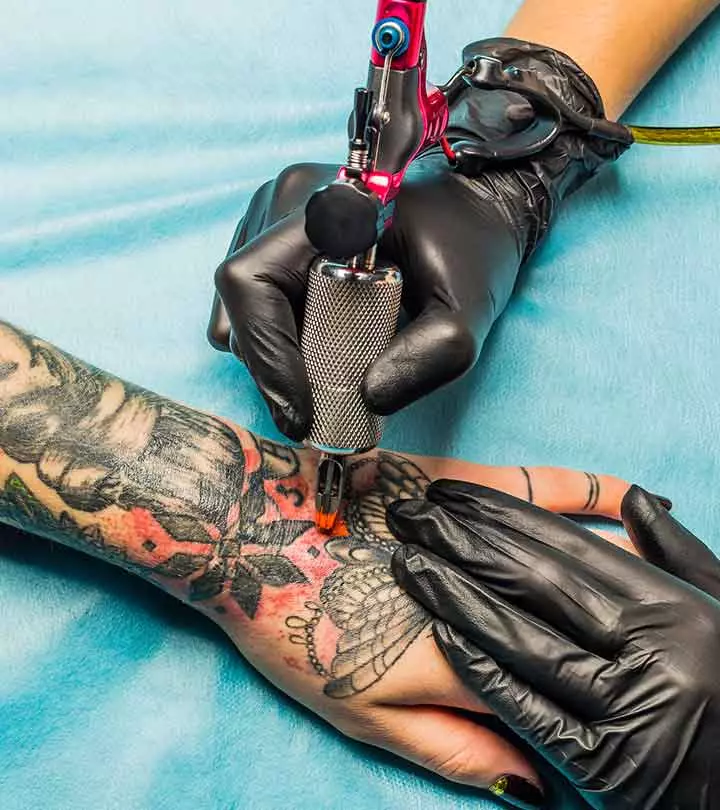
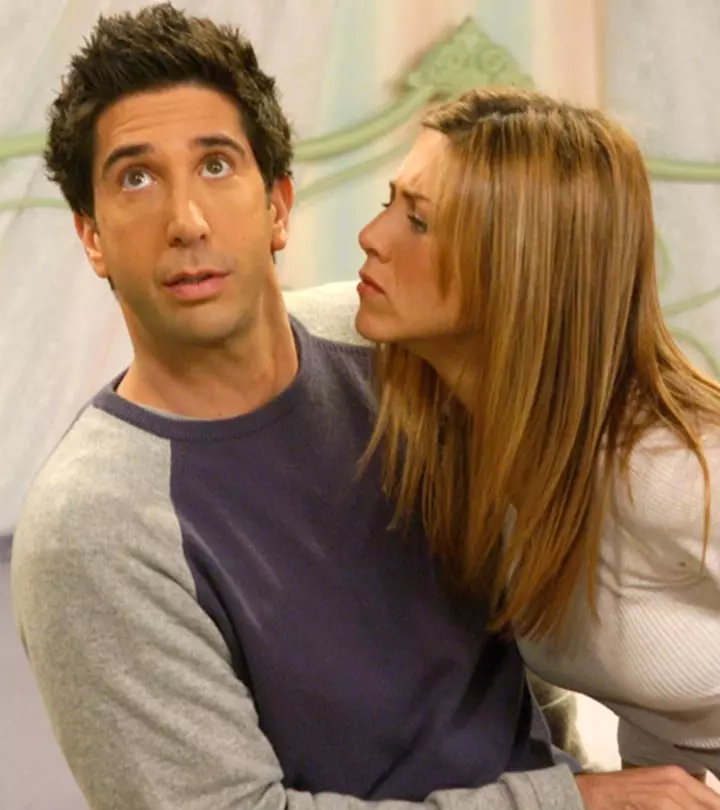




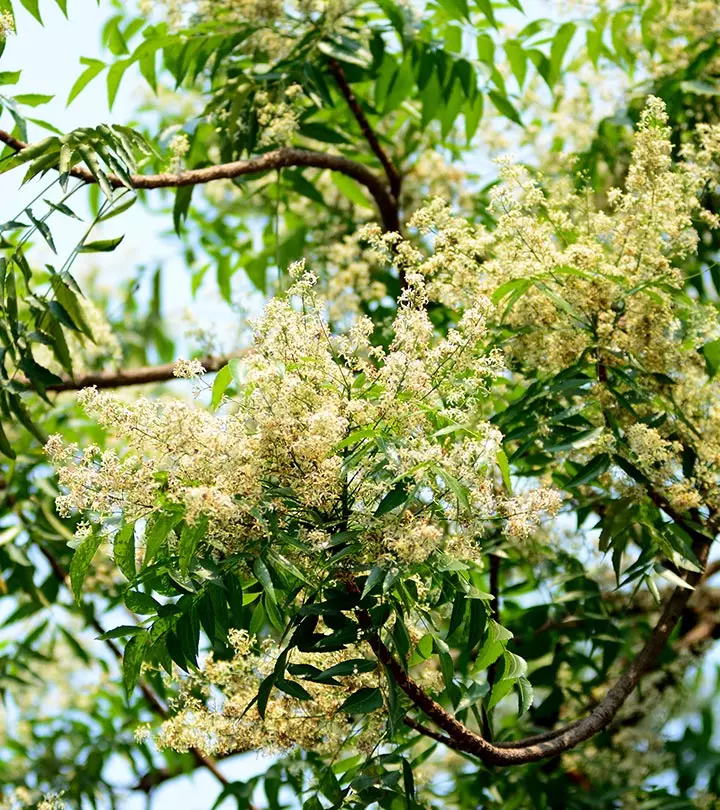
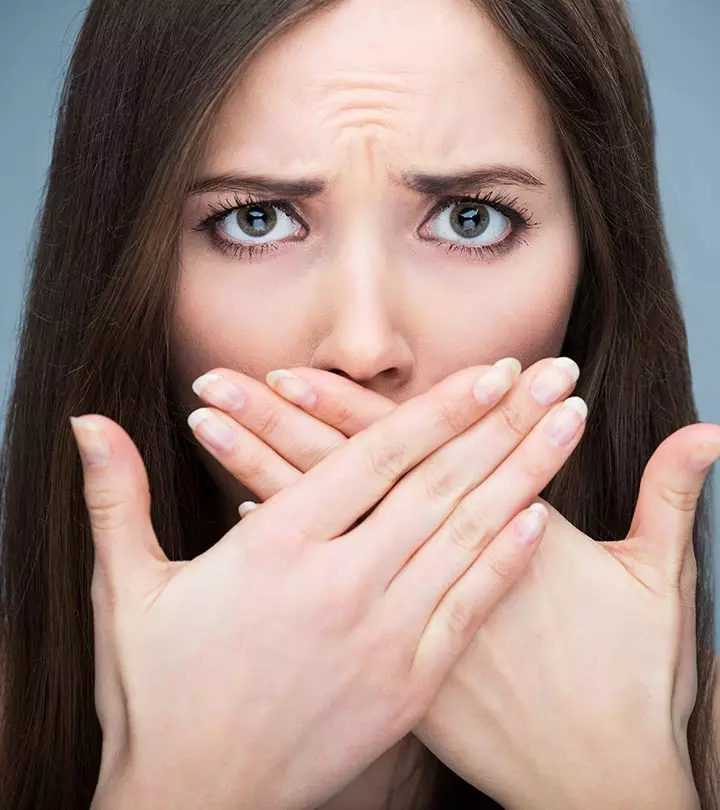




Community Experiences
Join the conversation and become a part of our empowering community! Share your stories, experiences, and insights to connect with other beauty, lifestyle, and health enthusiasts.